postgraduate program, workshop
Vladimir Miller SETTLEMENT (11)
artistic research environment
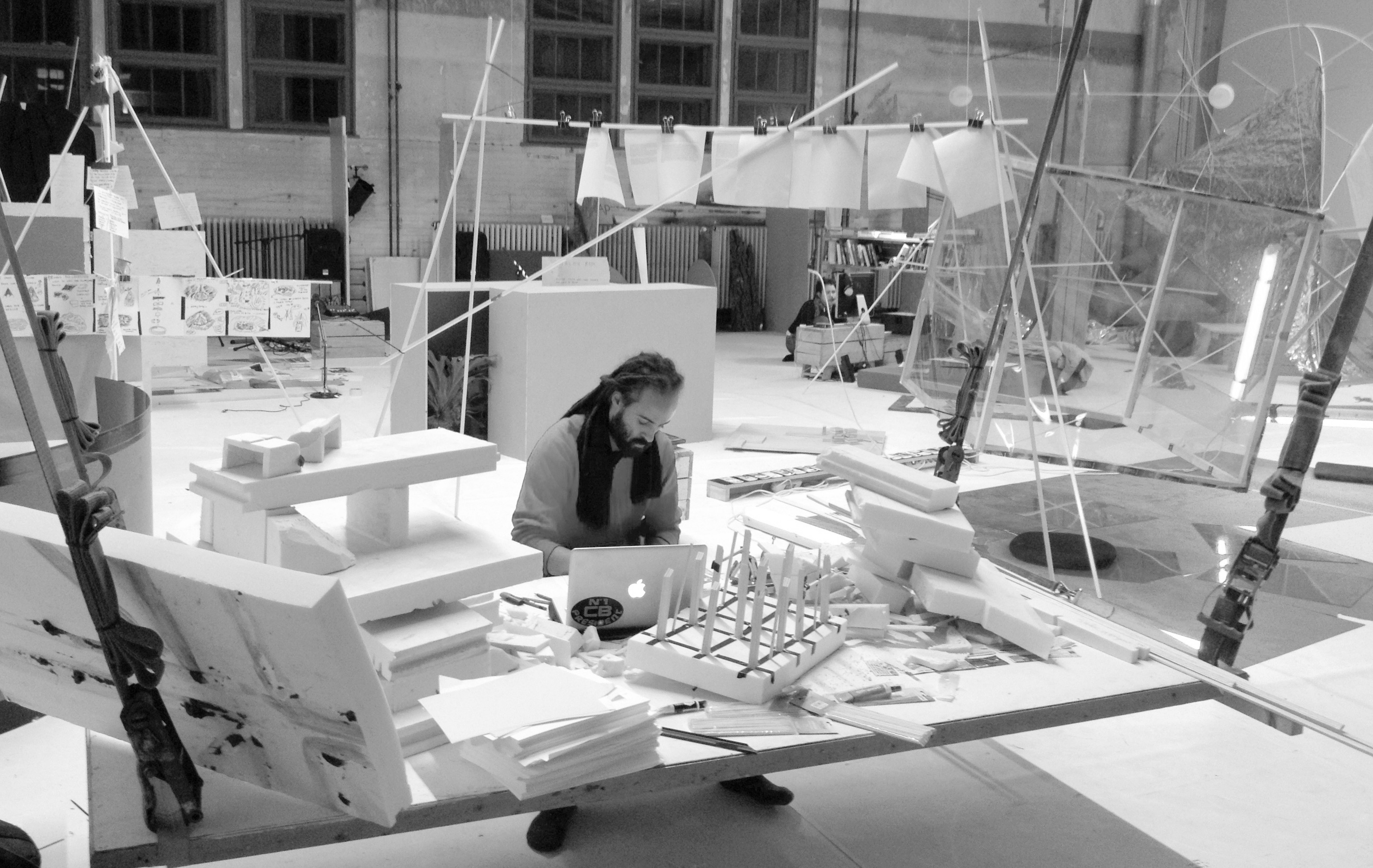
During the days of May 22nd – June 4th 2017 a.pass will come together and host an open workspace called SETTLEMENT. In the course of these 14 days we will share our current work processes within an open collaborative workspace. We aim to create a poly-central gathering that is self-structured, self-organized and open to contributions from anyone. You are cordially invited to join this process by establishing your own space in the a.pass SETTLEMENT and sharing some of your ideas, practices or works with others. The materials and structures available at a.pass will be a common resource for all who join to create whatever is needed to facilitate this process. The schedule for these two week will be developed on site by its participants and shared online here:
Settlement 11 Collective Schedule
Read more..postgraduate program, workshop
Lilia Mestre The Medium Score
Thinking making together apart
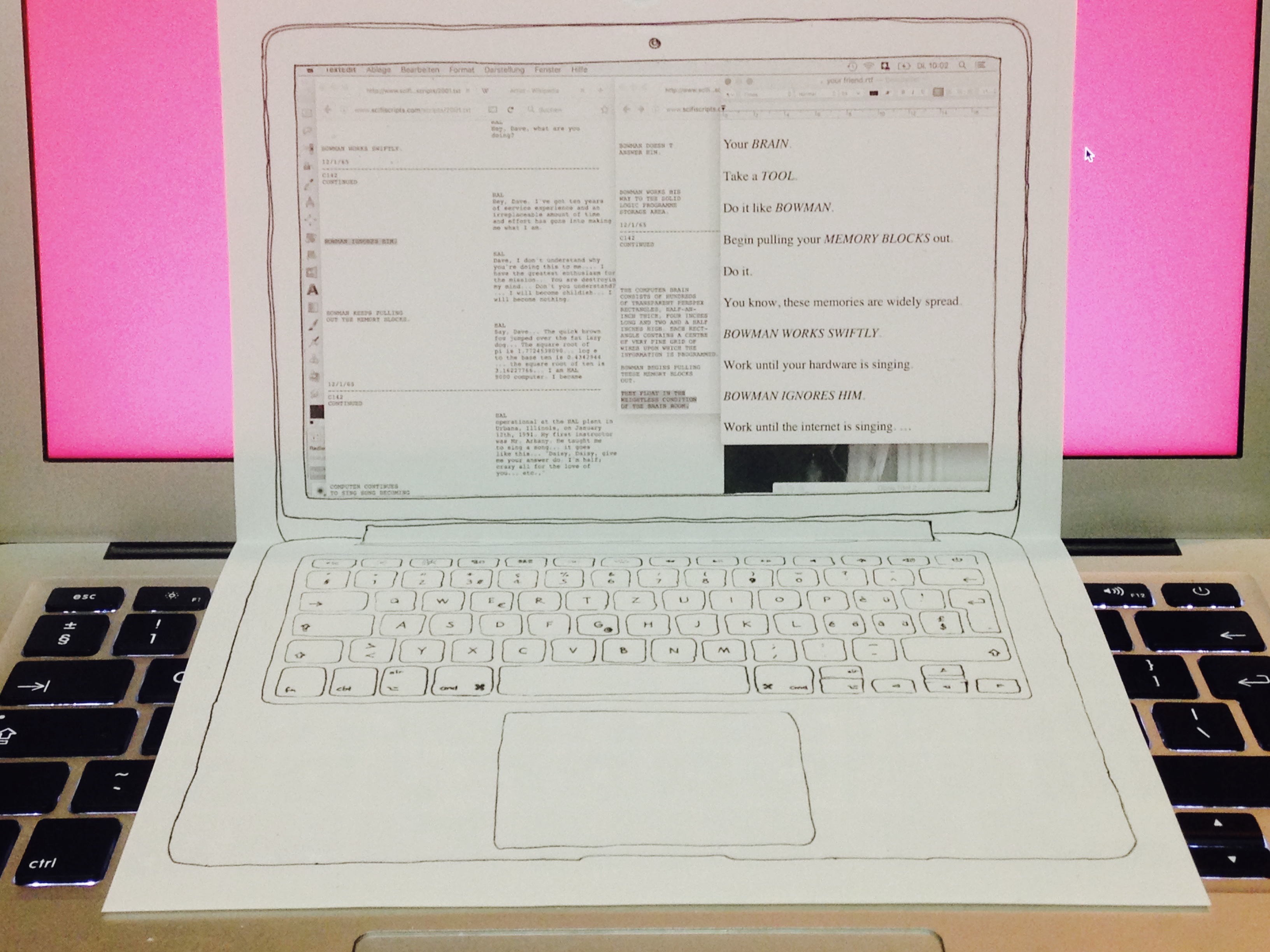
The proposal for this block follows on previous iterations of scores as tools to practice dialogue or intersubjective formats for exchange in artistic research. ScoreScapes is an investigation of how scores can facilitate the relation between artistic research, documentation and knowledge processing.
If artistic research is an active and methodological search for ways to keep the viability of our relation with the world, then how can this search be mediated by scores? If artistic research engages in processes of awaking unseen phenomenological relations with what surrounds us, then how do we compose materials and thoughts? What is the performativity at stake on the sharing of those? What’s the relation between subjectivity and collectivity? What does that do to our individual practices and to the collective itself?
performative publishing, postgraduate program
THE MEDIUM SCORE / Sina Seifee
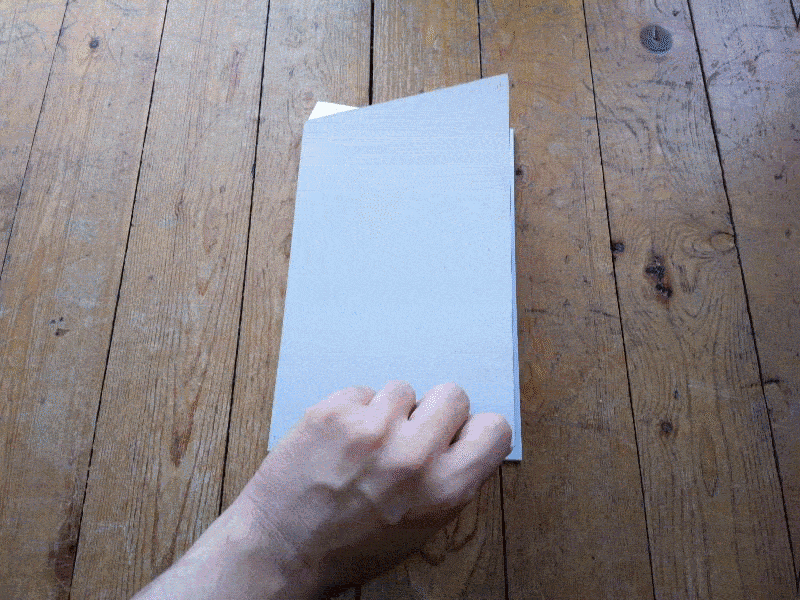
There has been a shift in humanities scholarship:
(feminist science studies, the post humanities, the ecological humanities, animal studies, queer theory,) humanities scholars have represented their matters of care with an aesthetic (and therefore political) commitment to narrating stories with an emphasis on the relationality among agencies, forces, phenomena, and entities usually kept separate, in the background, or out of the story altogether
–> redistribution of agencies
political stake ==> aesthetic tactics
Read more..postgraduate program
The problem of the score
Block curated by Lilia Mestre / May > July 2017
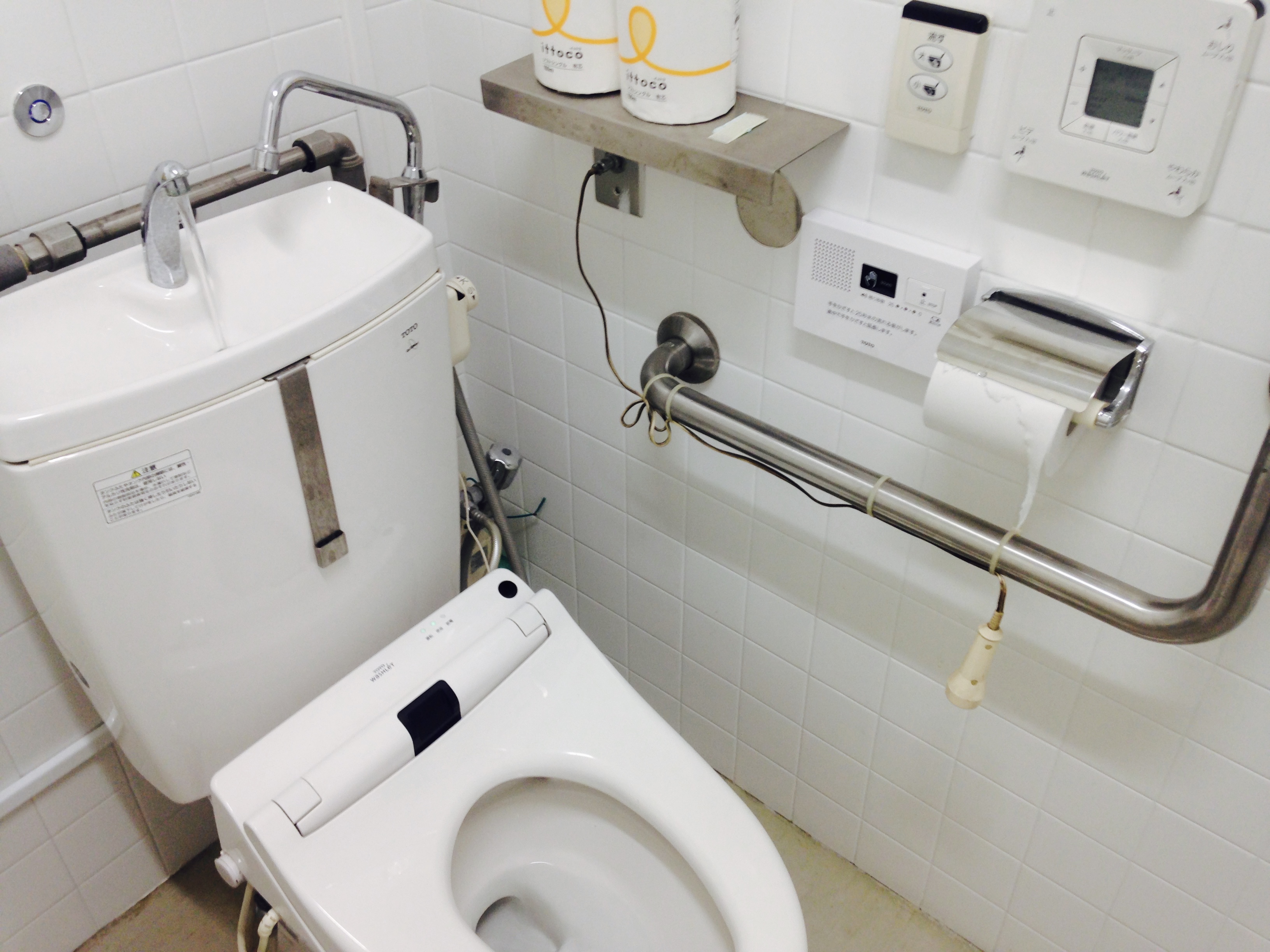
From May till July 2017 the a.pass post-master program questions how structures pre-determine singular outcomes, and to what extent they imply relationality. Every system is a network of connections and the way the system is set to operate defines forms of relation which reveal ideological standpoints. In other words modes of interaction are formatting forces that construct worlds. If we think that way, what kind of problems do our research structures entail? And if we can think a polyphonic world , constituted by multiple models, how do we consider our own structure as a relational one? What kind of technologies are we putting into place? What kind of invitation are we making? And to whom?
The notions of ‘apparatus’ and ‘tentacular thinking’ will be key to understanding and experiencing the problem of score in contextual ecologies. Apparatuses, as coined by Foucault and Agamben, are systems of governance that enable relationships between beings and structures through which the subject is constructed. During former block Donna Haraway introduced us to tentacular thinking as a place from which one can build relations to economical, biological, philosophical, productional, institutional, etc orders. Together with the a.pass researchers, workshop givers and guests we reflect on them, challenge our practices and relate to other authors and art makers.
postgraduate program, reading session
Caroline Godart and Marialena Marouda Feminist Benjamin Reading Group
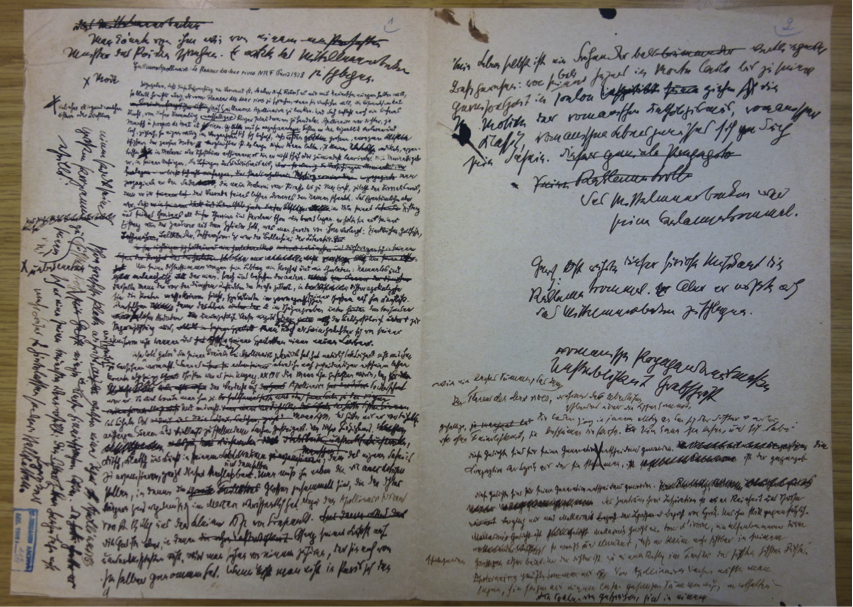
Read more..
postgraduate program, workshop
Tom Plischke & Kattrin Deufert CONSEQUENCES
2-6 March 2009
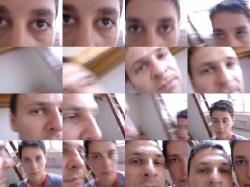
Read more..
postgraduate program, workshop
Tom Plischke & Kattrin Deufert CONSEQUENCES II
1-6 March 2010

Read more..
postgraduate program, project, workshop
Higher Performance!
7-18 May 2012

Some workshopping in economics for artists is due!
At latest since 2008 it became clear, that the economic system we are living in and with is wacky, unjust and not sustainable. Many of its instruments are either exaggerated or exhausted. The bubbles it produces in different markets are getting out of control and deregulated fiscal constructions are dramatically failing.
postgraduate program, workshop
PIERRE RUBIO / PETER STAMER HOW ABOUT CRITIQUE, CRITICALITY, CRISIS?
24-28 June 2013
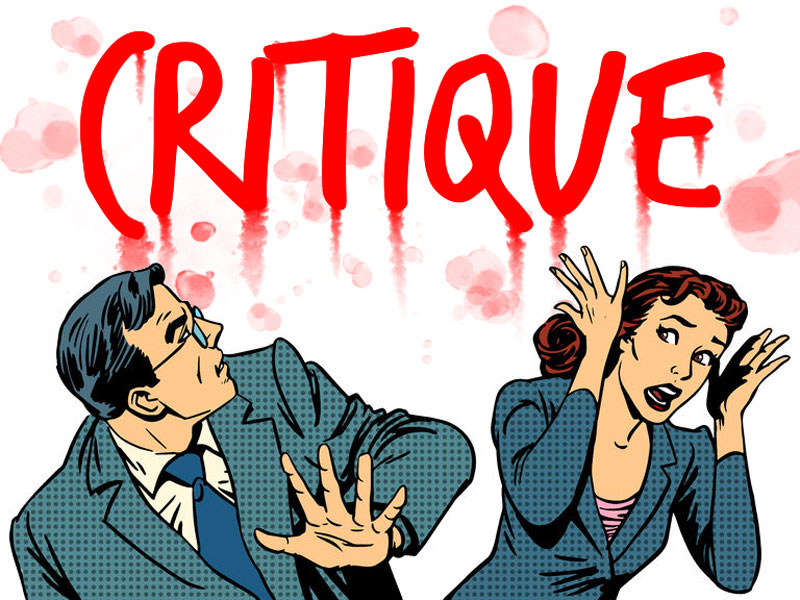
Read more..
postgraduate program, workshop
Pierre Rubio / Elke van campenhout “general intellect ? – it’s not about you, stupid !”
3-7 March 2014
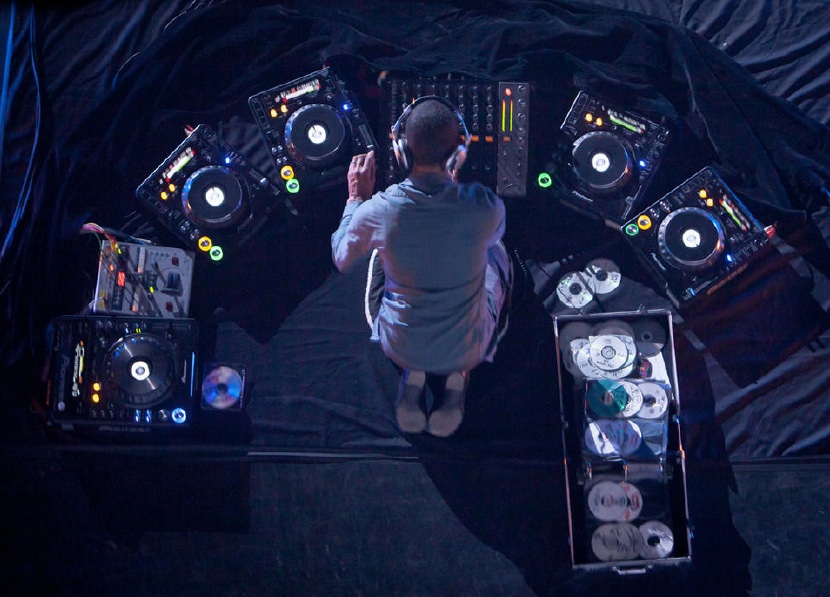
Read more..
postgraduate program, project, workshop
Occupy Democracy
29 September-3 October 2014
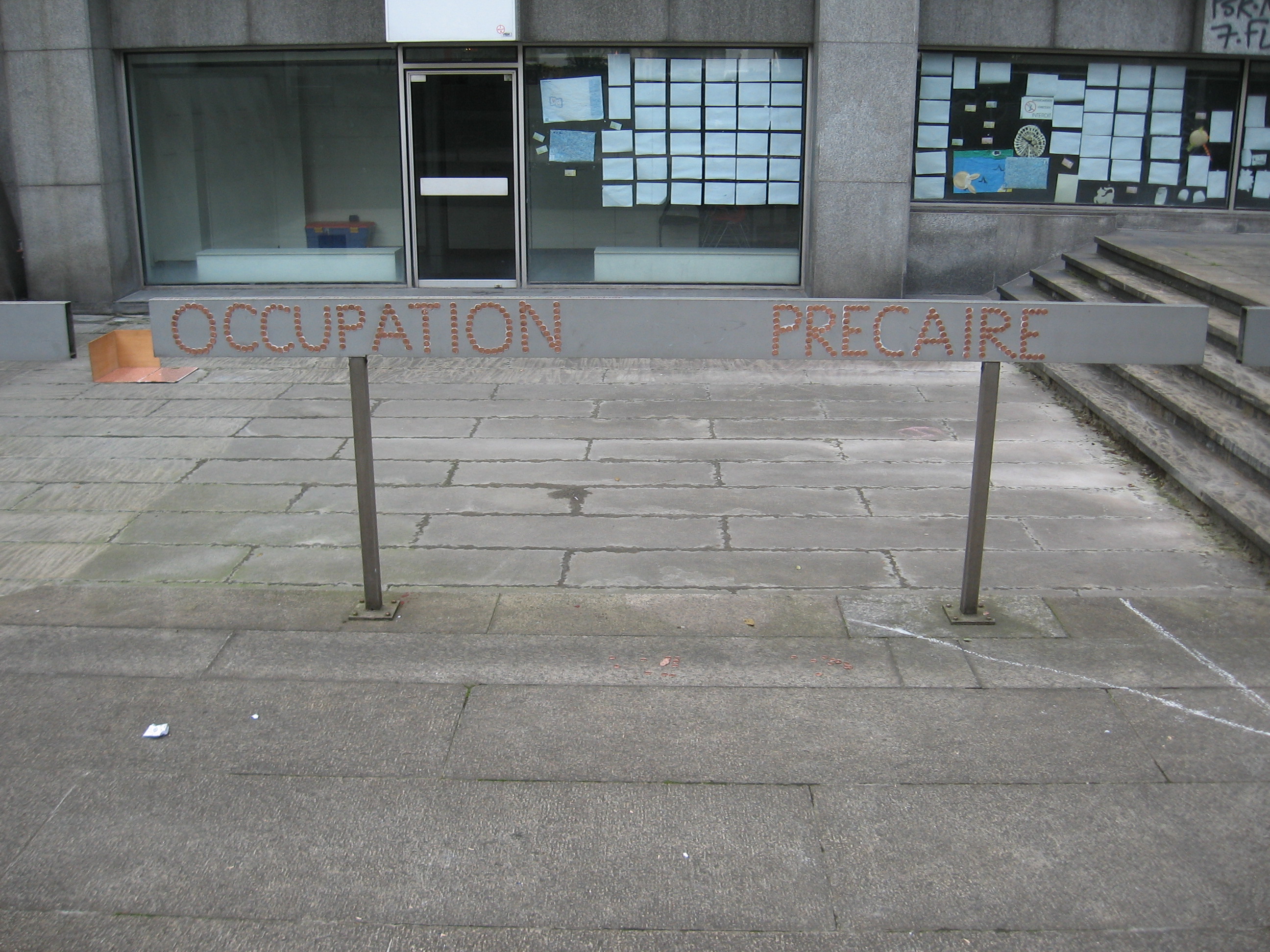
Read more..
postgraduate program, workshop
Pierre Rubio, Elke Van Campenhout Performance / Performativity / Objects / Subjects
19-23 January 2015
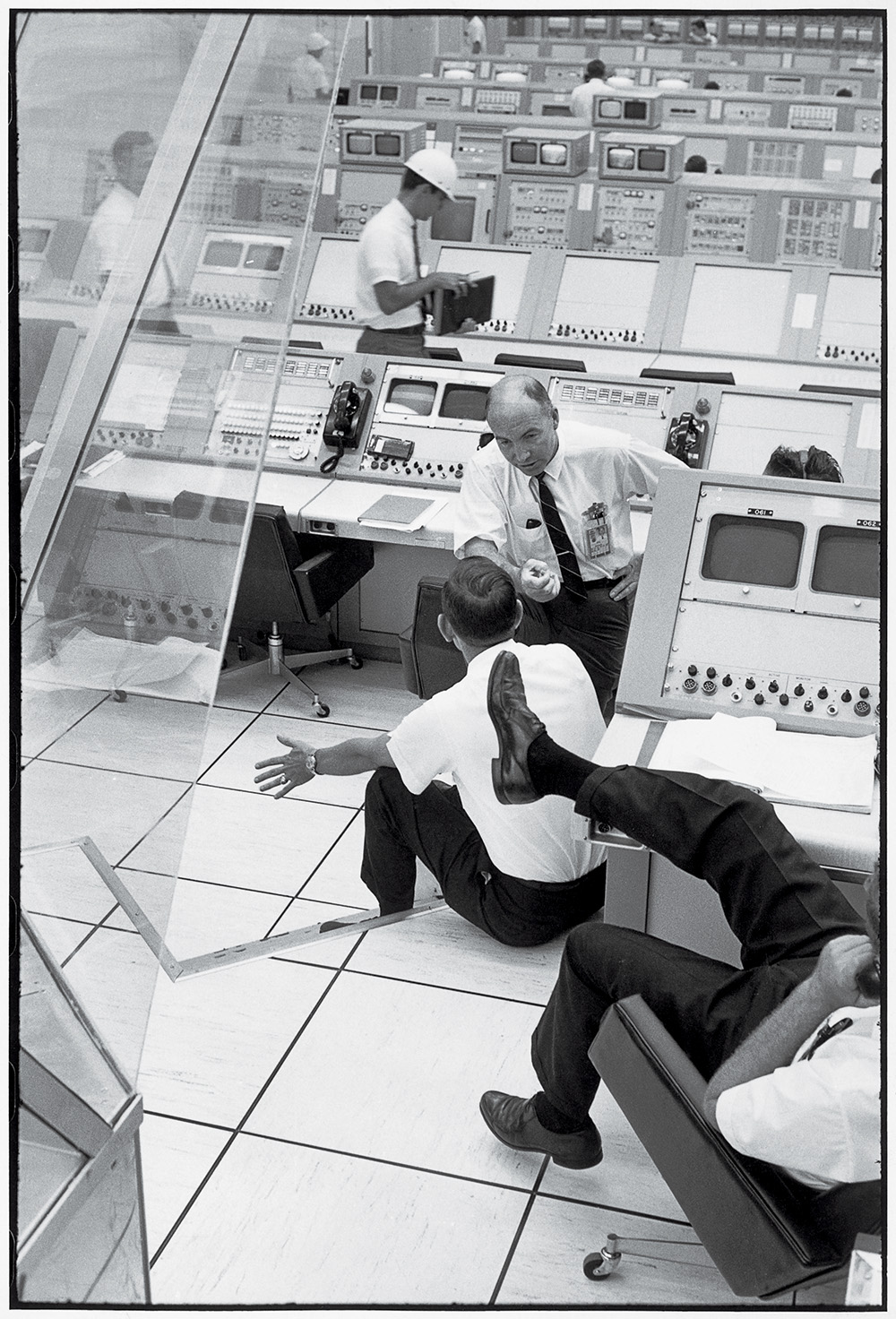
Read more..
postgraduate program, workshop
Ana Hoffner Tools for artistic research – Beckett
2-6 February 2015
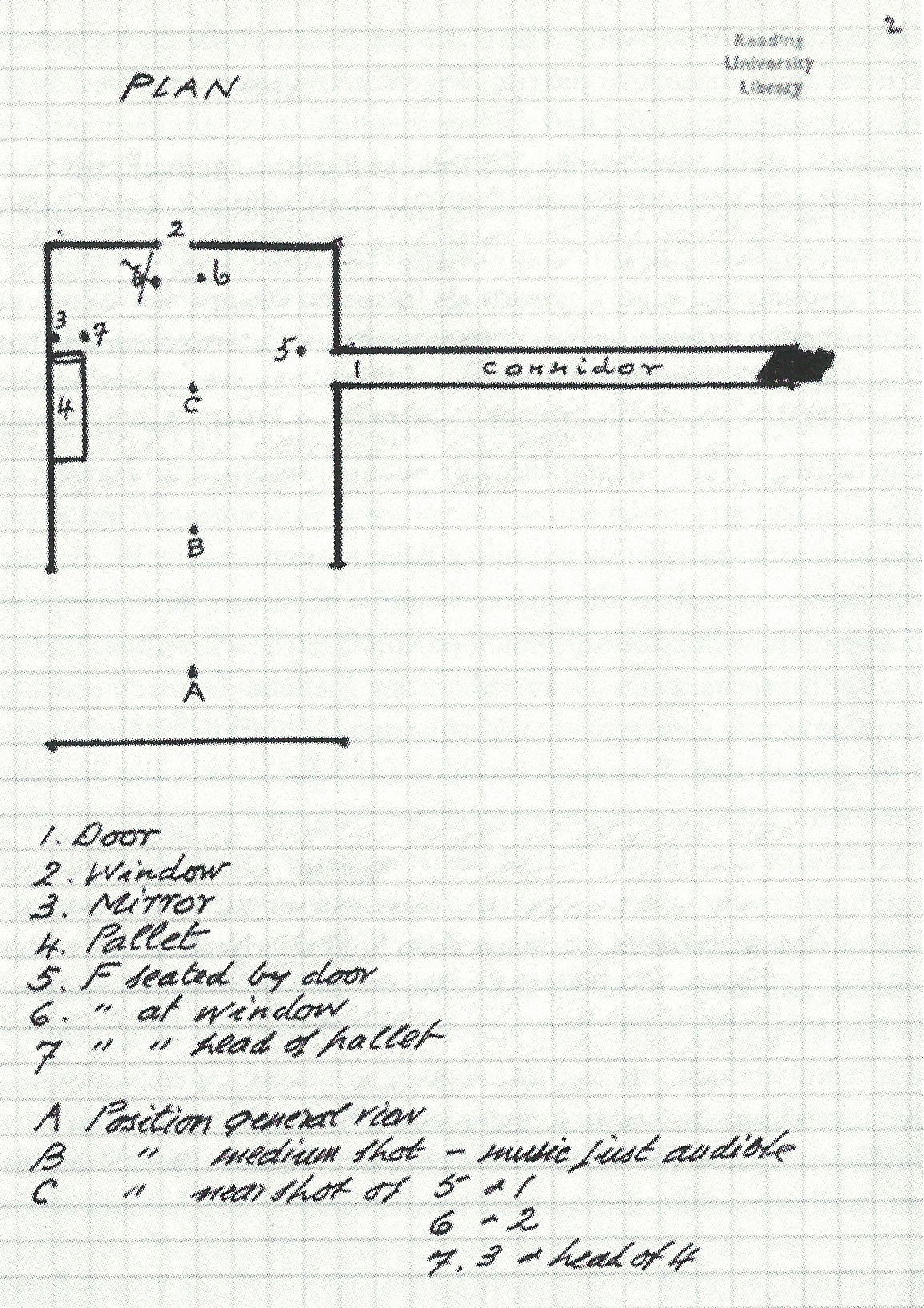
Read more..
postgraduate program, workshop
Pierre Rubio / Geert Opsomer / Pierre Joachim ECOLOGY OF AFFECTS
25-29 May 2015
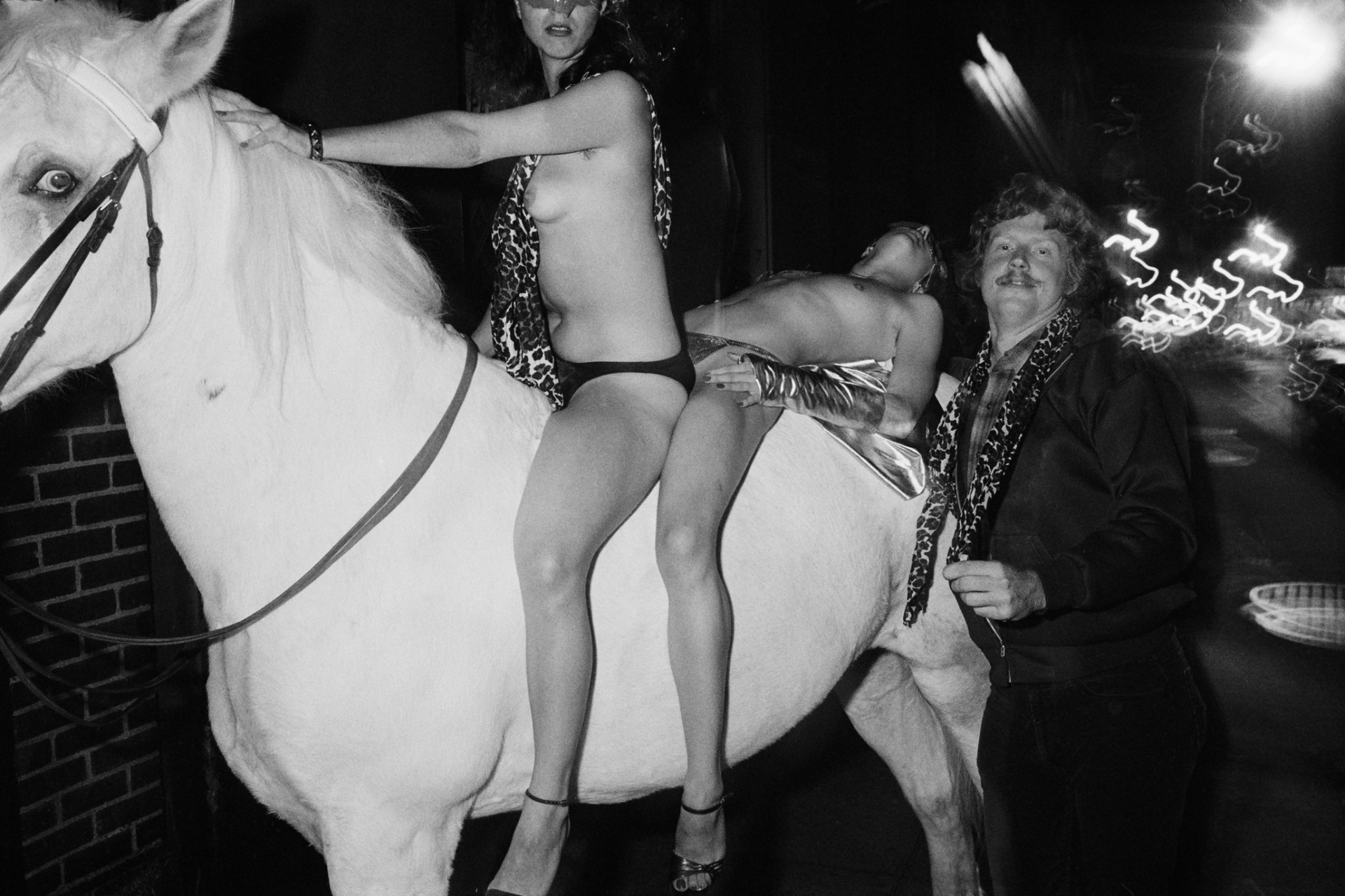
Read more..
postgraduate program, workshop
Abu Ali * Toni Serra THE UNSEEN WORKSHOP
8-12 June 2015
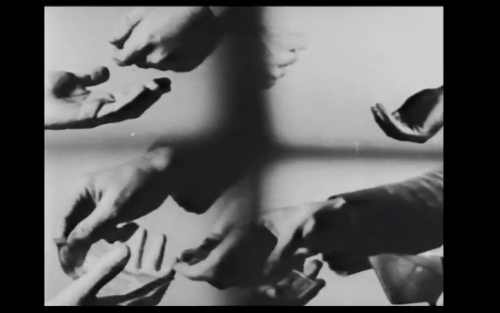
Read more..
postgraduate program, workshop
Elke Van Campenhout Who’s Afraid of the Subject?
18-22 January 2016 / a.pass
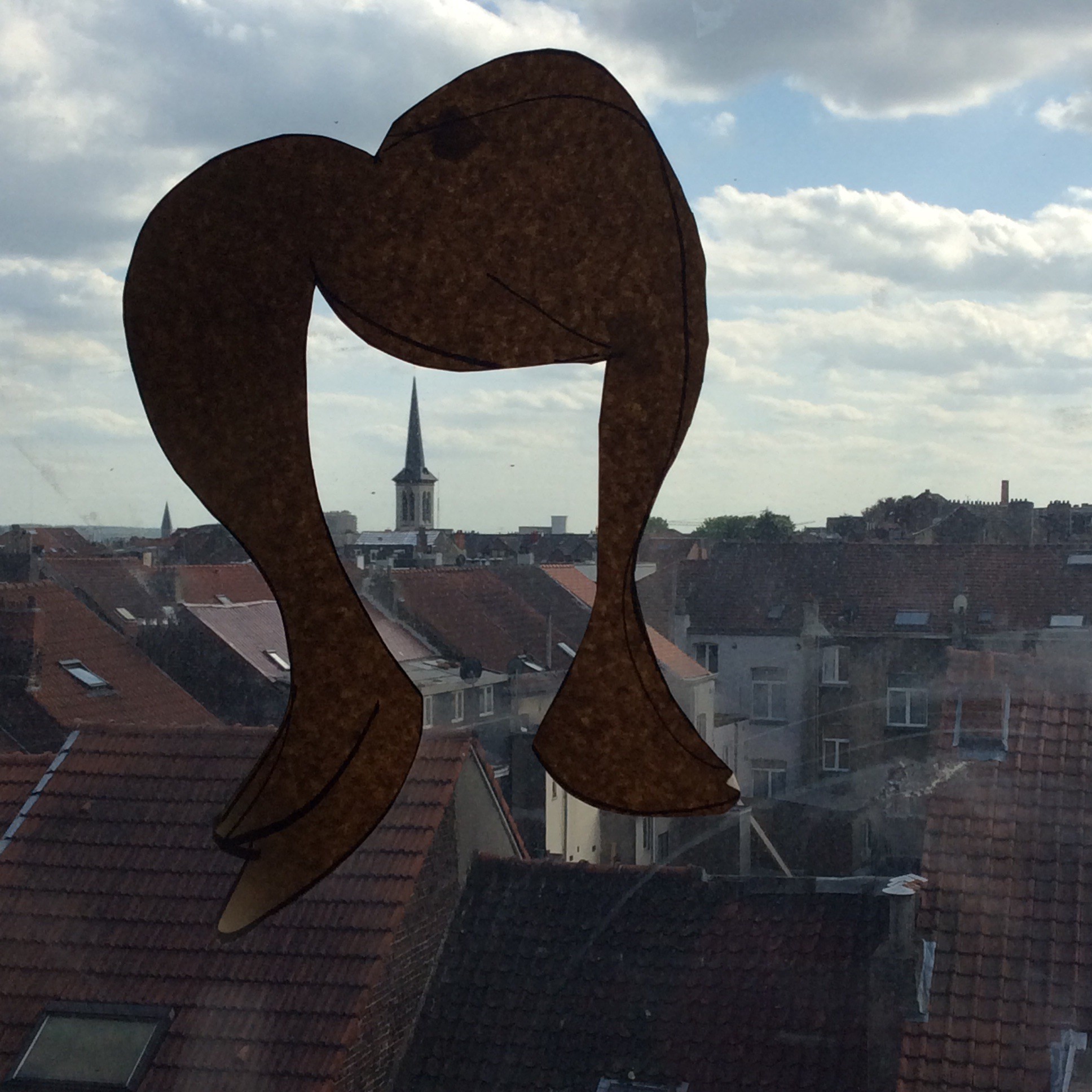
In this theoretical and discussion workshop, we reconsider the notion of the subject today:
why, after all the turn-arounds of becomings, vibrant objects and a decentralisation of the human perspective, do we need to reconsider the subject as an important player in our discourses and practice?
well, to start with, because there is no personal agency or ethics without it. and also because there is a need for a consciousness of what it is that subjects us, what it is that turns us into speaking, experiencing and affecting human beings. but even more so, when and why these powers are denied to us, and why?
Read more..postgraduate program, workshop
Elke van Campenhout / Vladimir Miller FEEDBACK
3-6 May 2016 / a.pass
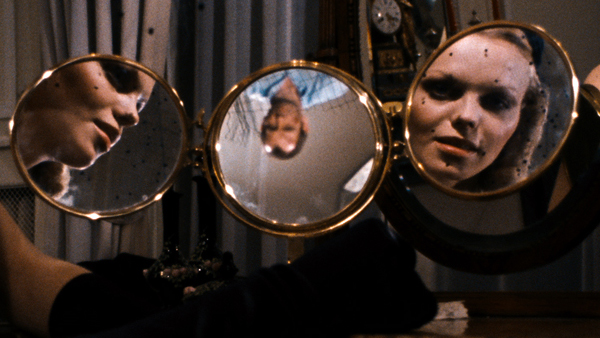
Read more..
postgraduate program, workshop
Epifania Amoo-Adare (Un)thinking Research Practice
9-10 May 2016 / a.pass
Decolonizing Theory, Mobilizing Methodologies, and Open-Ended Becoming(s)
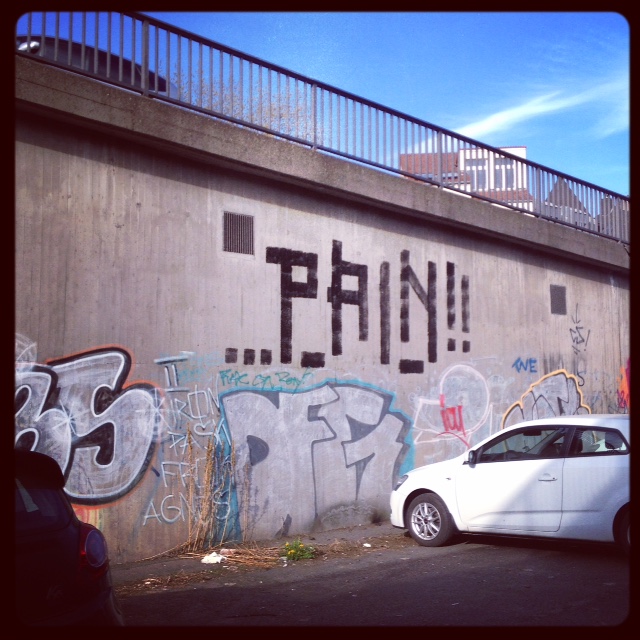
The premise of this workshop is that a critical pedagogy on the space of research knowledge production, and its related forces of (re)production, is a necessary condition for any intervention in (and of) that space. Consequently, we propose to challenge widespread understandings of research space and knowledge production as a binary researcher-researched structure that is given and fixed, in other words: a structure that is developed for and not a context that is developed by the various actors in the research process. We contrast this convention with an understanding of research space as both, a manifestation as well as a vehicle of the productive relations of power-knowledge.
Read more..postgraduate program, workshop
Vladimir Miller / Peter Stamer FORGED THEORY
5-7 July 2016 / a.pass
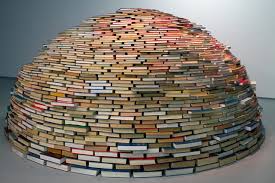
Read more..
postgraduate program, workshop
Vladimir Miller THEORIES UNDER THE COMMONS
26-30 September 2016
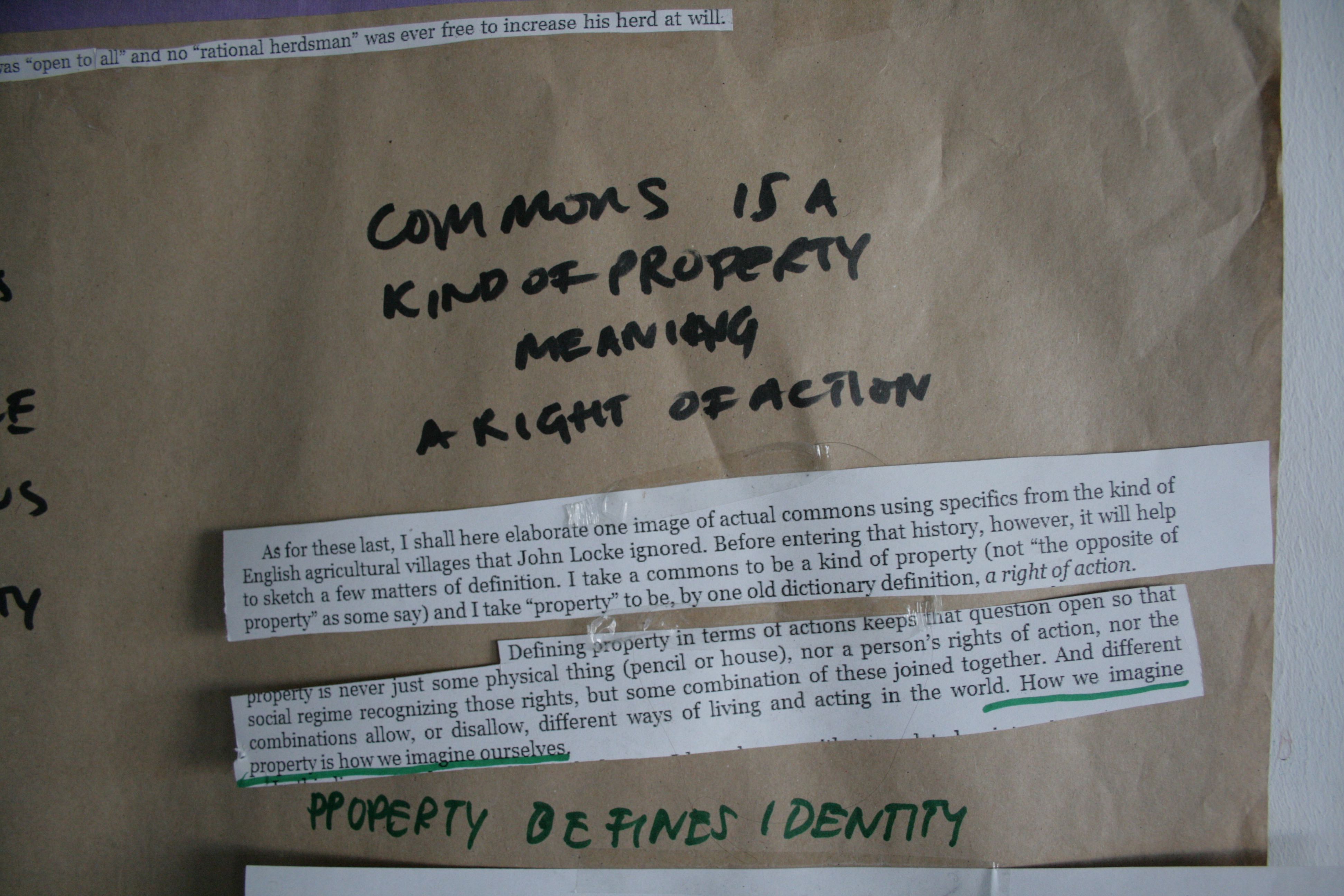
Read more..
postgraduate program, reading session
Book Clubs #3 & #4 Situated Knowledge
2-9 February 2017 / a.pass
Book Club Series / Sina Seifee
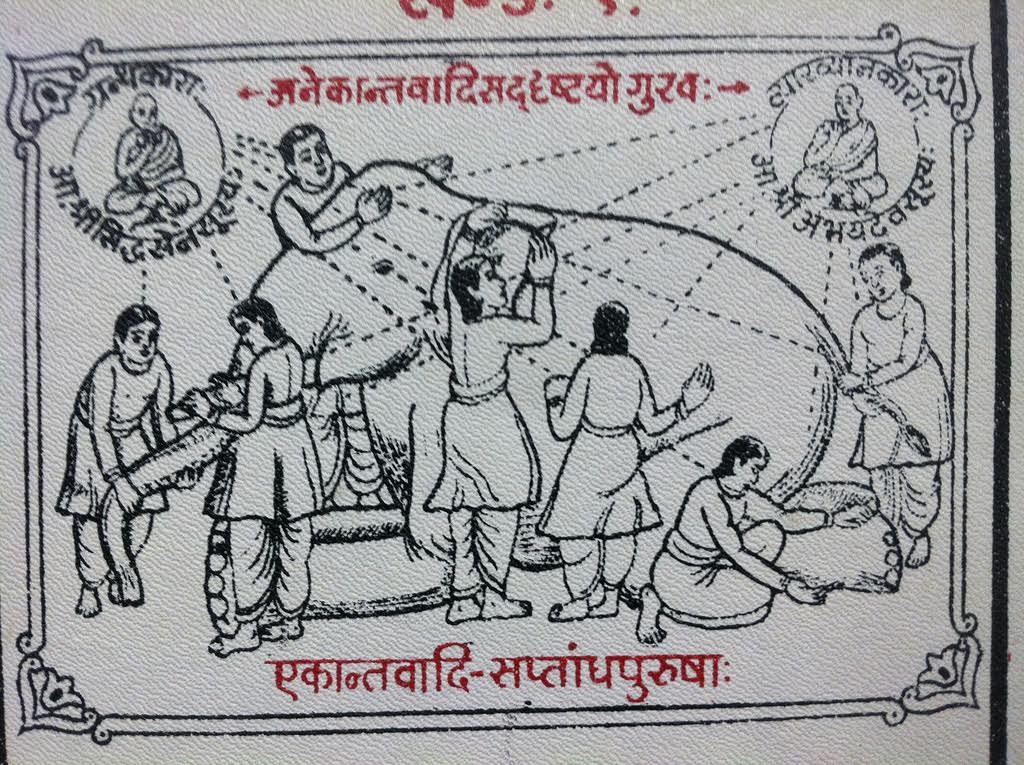
Read more..
postgraduate program, reading session
Book Club #5 Sacred Drift, a journey into political consciousness of sound
16 February 2017 / a.pass
Book Club Series / Peggy Pierrot
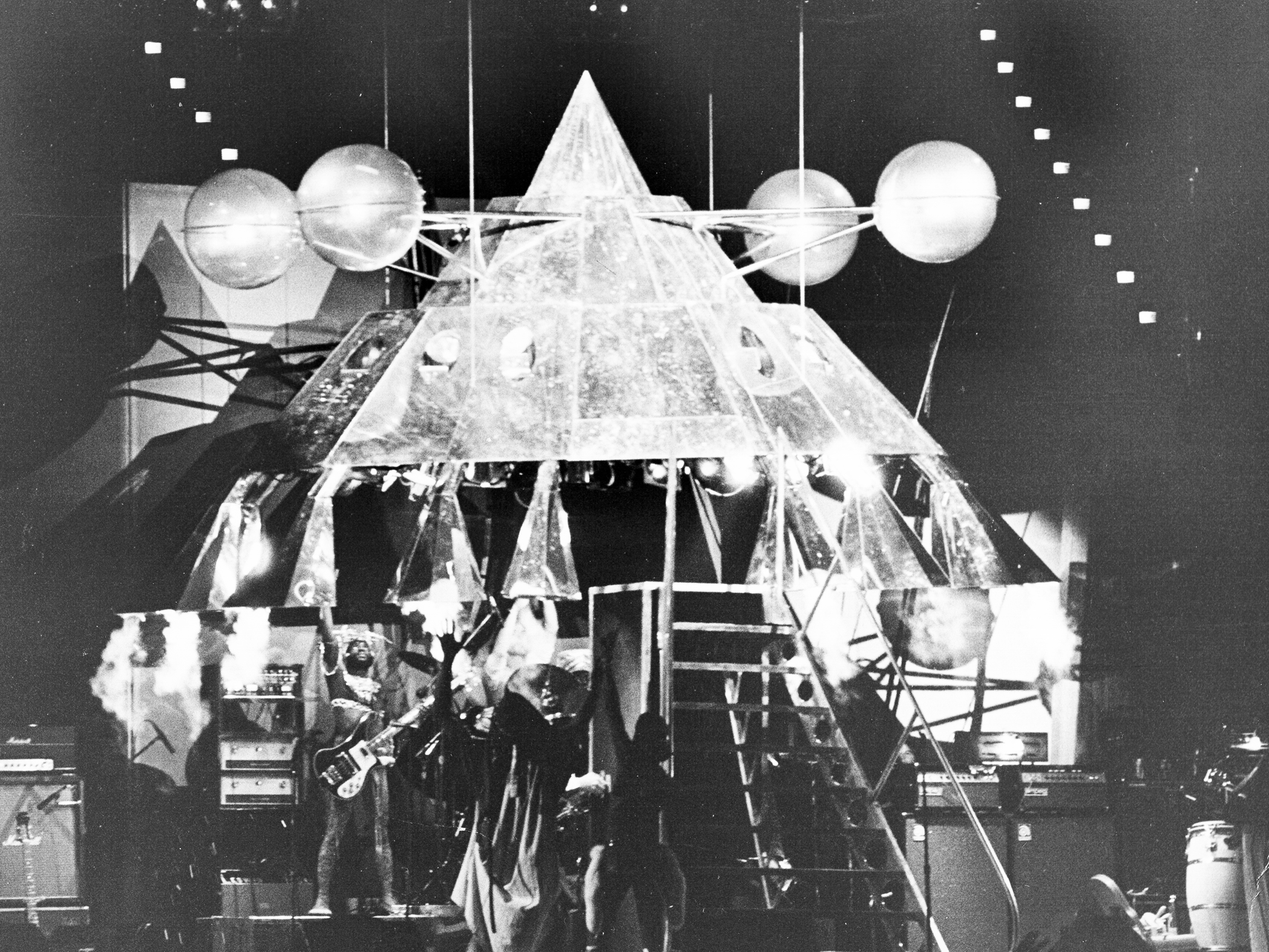
Read more..
lecture, postgraduate program
Book Club #7 Politics of Speculative fabulation
10 March 2017 / a.pass
Book Club Series / Fabrizio Terranova
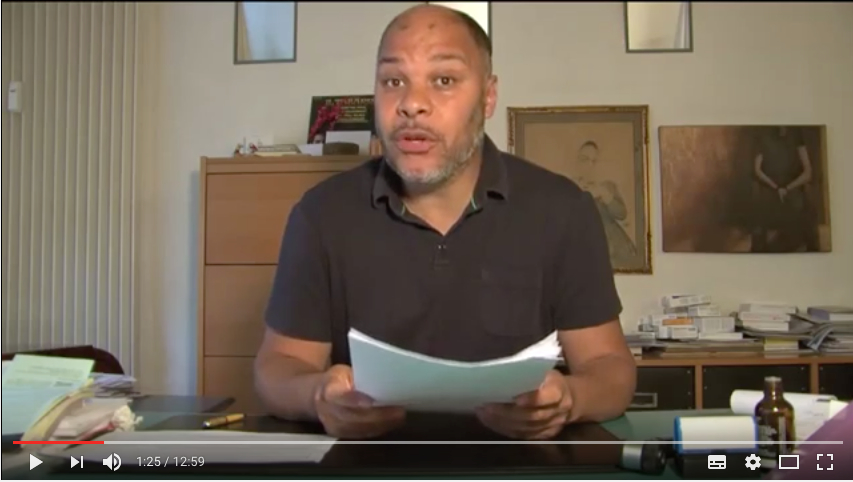
Read more..
postgraduate program, research center
2017 BLOCK II
1 May-31 July 2017
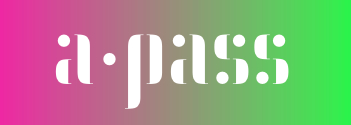
Read more..
postgraduate program, workshop
Anouk Llaurens Sensation as score
9 May-31 July 2017
Movement Practice
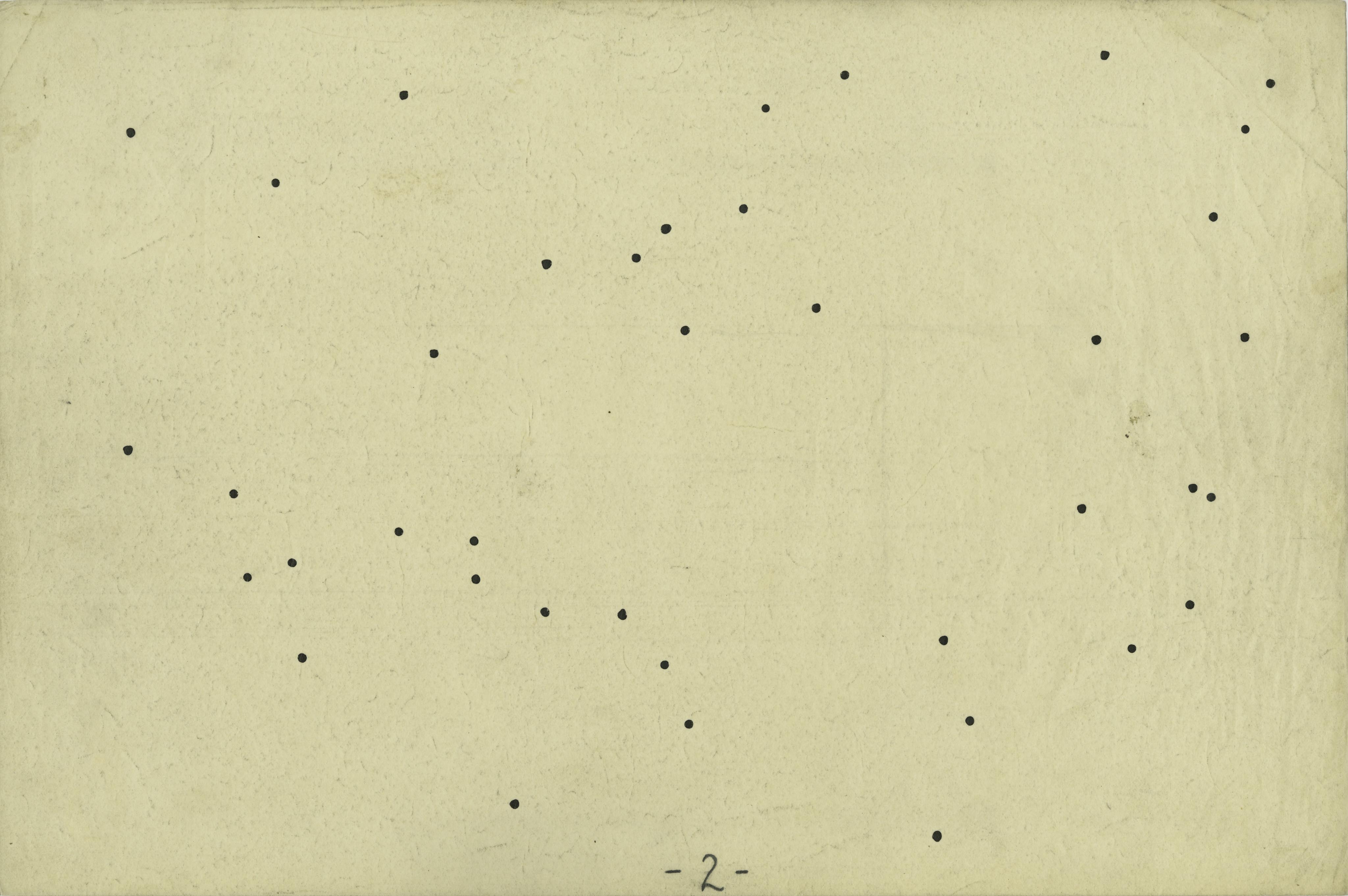
Every Thursday we’ll meet for movement practice and reflection practice will follow.
Read more..project
THE MEDIUM SCORE
15 May 2017

Read more..
postgraduate program, workshop
Settlement 11 Collective Schedule
22 May-3 June 2017 / a.pass

Read more..
conference, seminar, workshop
The Document Transformed + Book Launch Dirty Room /Juan Dominguez
22-24 June 2017 / La Bellone, Brussels
a.pass seminar and master classes

Curated by Sofia Caesar and Lilia Mestre, the public program “The Document Transformed” invites four practitioners that offer very distinct questions, methods, and proposals to problems related to documentation. Join Femke Snelting, Olga de Soto, Vincent Meessen, and Agency (Kobe Matthys), and others, for three days of presentations, screenings, performances and conversations. How does the document affect practices, bodies, histories, and experiences? The event brings together practices that not only give sight to the power relations engendered by apparatuses of documentation, but also move towards the transformation of the systems in which we produce history, law, art, and the body. Held in the context of The Problem of the Score, block curated by Lilia Mestre in the a.pass post-master research program and supported by a.pass.
This seminar is organized in collaboration with La Bellone – Brussels
To inscribe to the master-classes please send an email to production@apass.be
JUNE 22-23-24 @ LA BELLONE
Rue de Flandre 46
Brussels
Detailed program:
Read more..postgraduate program, workshop
Jennifer Lacey Dance Workshop
10 July-14 June 2017
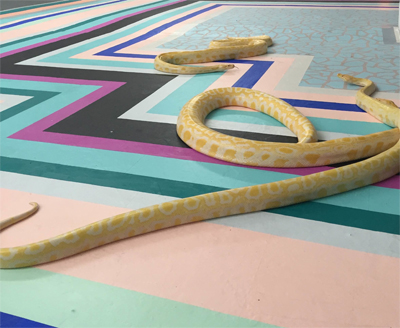
Read more..
postgraduate program, workshop
STUDY DAYS
10 September-30 November 2018
A curatorial proposal by Adva ZAkai
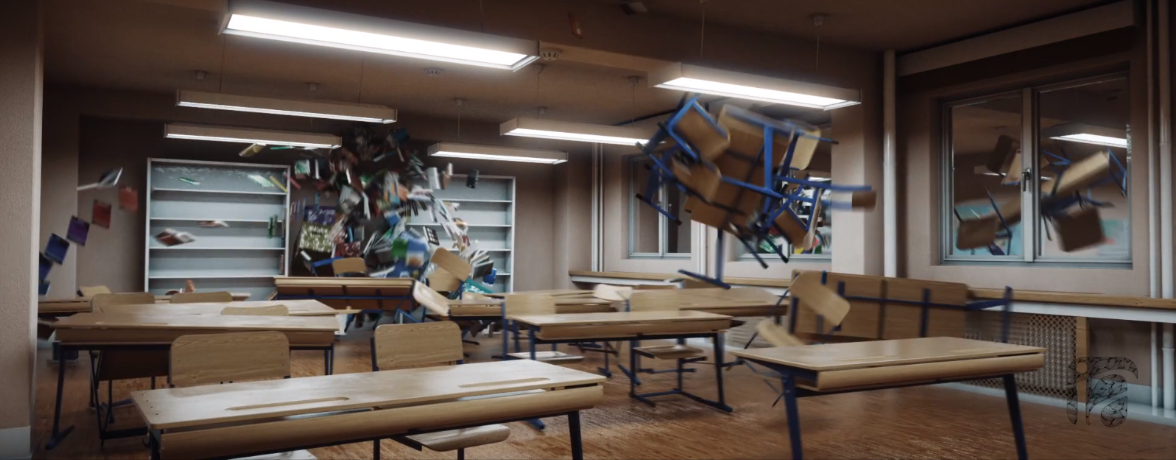
PROGRAM AND SCHEDULE
This block is organized around a series of Study Days. Almost every Monday till the end of November, a.pass hosts artists, thinkers and researchers to contribute to the problematization of various issues that bring together love, art, school, improvisation and politics.
Read more..postgraduate program, workshop
the Lecture, the Performance
4-8 February 2019
workshop with philipp gehmacher
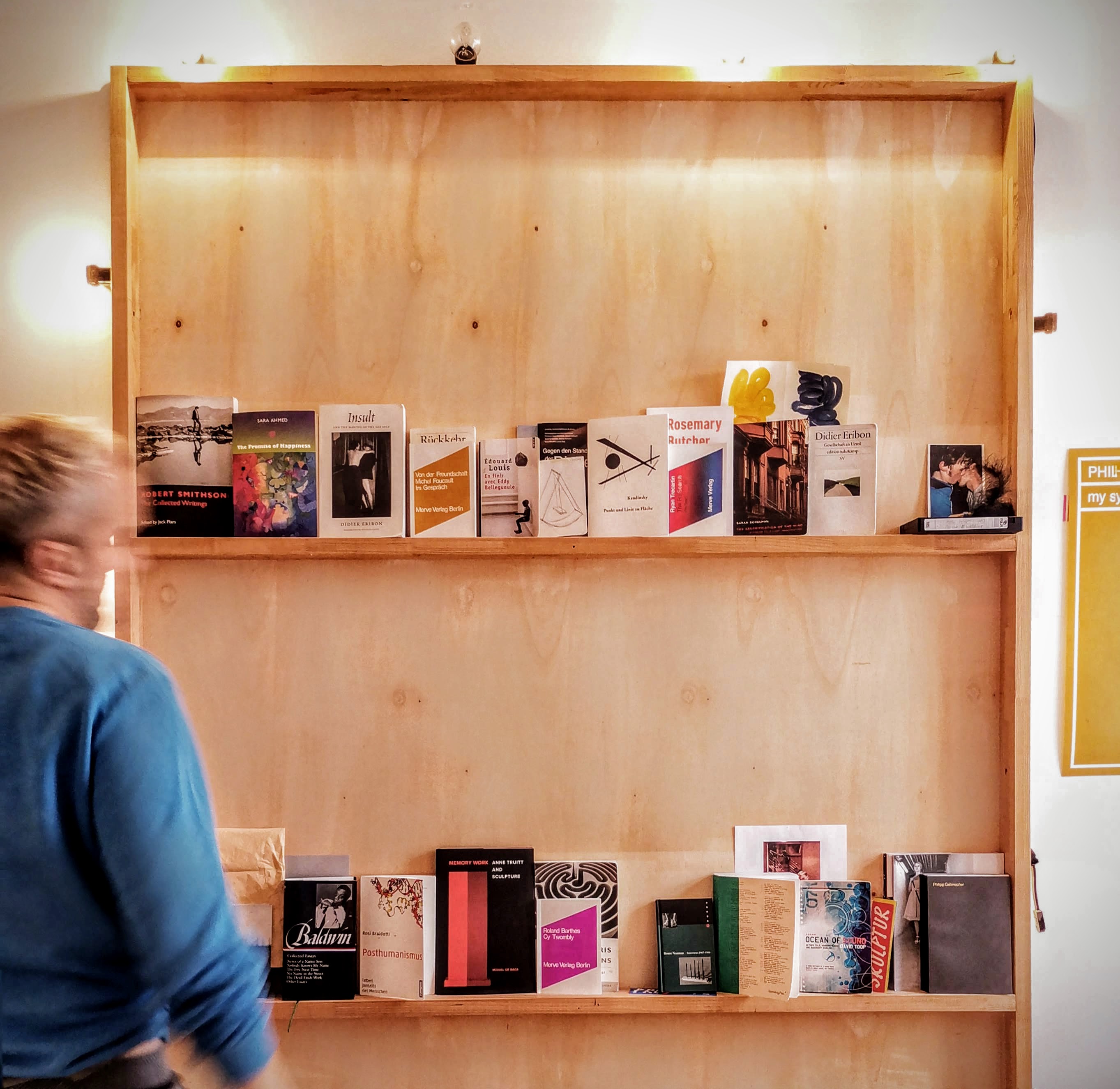
This week’s focus lies on the idea and genre of the lecture performance in the performing and visual arts. Speaking out will be looked at as a performative act of sharing thoughts and concerns about ones own research and work. The questions often arising are: Why speak out about things at all? Why not let the work speak for itself, the research be mapped out and available? Is the speaking an extra layer of added information, at times rendering the ‚shown’ and presented more informal, even personal? Whilst in fact pointing at its surrounding, as much as the institution, is there a self-referentiality involved in speaking that we cannot escape whether we speak about ourselves, our concerns or just matters seemingly ‚worldly‘ and not personal? Speaking is however also about utterance and the speech act, performative as such, in the now, whether scripted or not. Speaking points out, maps out, accompanies actions and discursifes often all at once.
Read more..postgraduate program, workshop
Krõõt Juurak AUTODOMESTICATION
27-31 October 2020 / a.pass
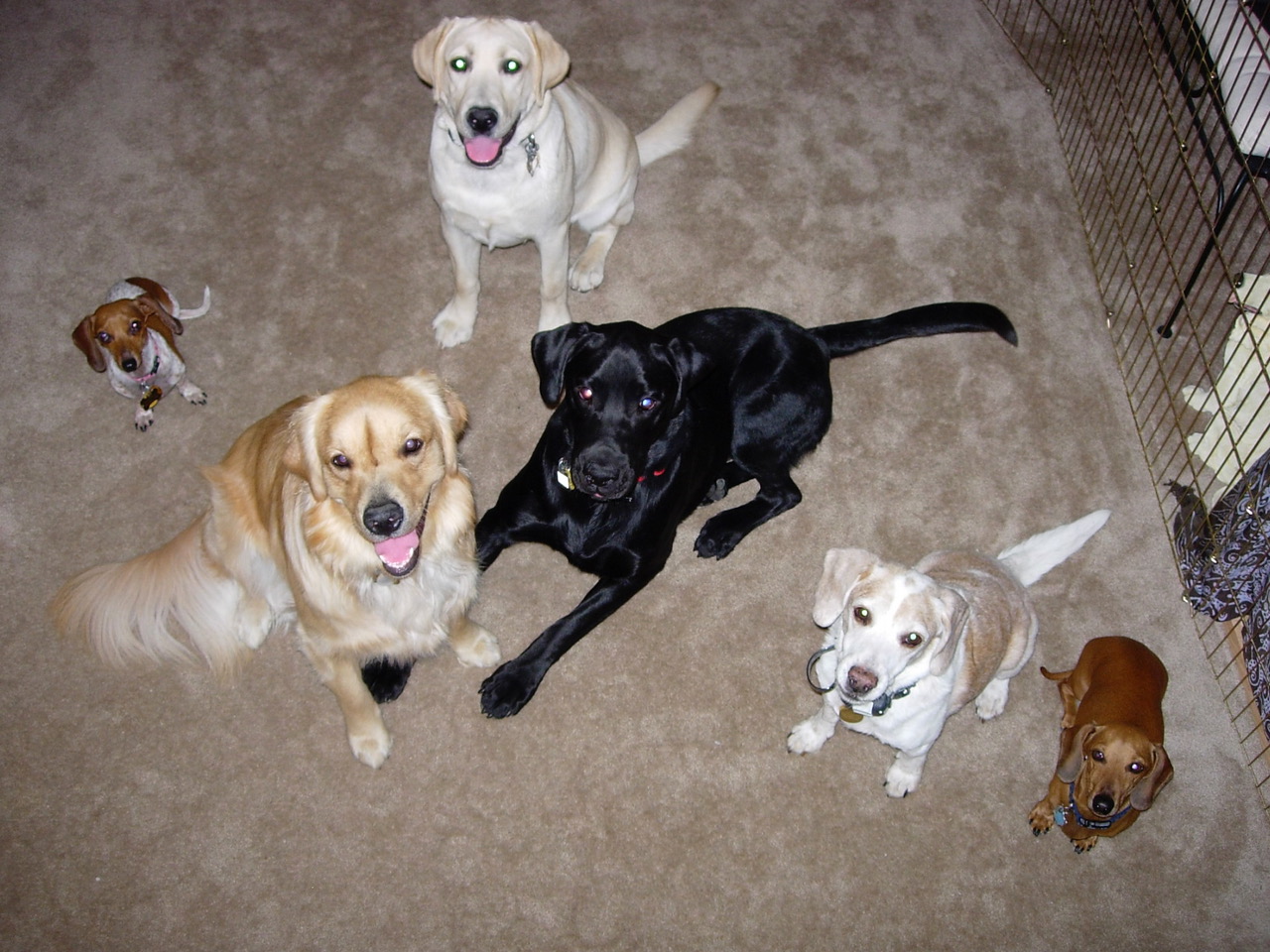
As a performer you provide your audience with something that cannot be measured in material terms. As regards the activity that produces the cultural content of the commodity, your labour involves a series of activities that are not normally recognised as work – activities involved in defining and determining cultural and artistic standards, fashions, tastes, consumer norms and, on a strategic level, public opinion. As a performer you are primarily a producer of subjectivity. Typically, an artist’s value does not lie in what they “do” but in what they “are”. Now, remember, for example, how Richard Florida described the processes of gentrification caused by the migration of artists and creative workers – the artists may or may not be aware of the value of their mere presence but on a larger scale they produce “results” simply by existing. Survival in the (performing) arts requires creativity that goes beyond the artworks one creates. In fact, a typical performing artist spends about 99 percent of their time off stage – as an audience member, a critic, an administrator, a networker, friend, mentor, student, teacher and so on. Inventing and re-inventing oneself on and offstage, adjusting to various situations, restrictions, moving from project to project, one residency to the next, brimming with creative energy, training and forever educating oneself is the way forward.
Read more..postgraduate program, workshop
Elke van Campenhout Debunking the Myth
16-20 November 2020 / online
or The Emperor’s New Clothes Revisited
NEW DATES!
16.-20. Nov 2020
To be a contemporary artist comes with a lot of prerequisites these days: unspoken discourse rules, critical norms, and a general salonfähig consensus about values like fluidity, horizontality, collaboration, etcetera… Often these values are taken for granted while a strong discourse is ruling the artist’s world, zooming in on any hint of postcolonial insensitivity, patriarchal blindness, gender observations, and faintly non-consensual power use. This attitude stems from the bountiful history of feminist and queer studies, cultural studies insights, and a general growing awareness of her-stories and the damage done by biased educations and cultural misgivings. But at the same time there are also a lot of other untouched territories underlying these value markers: 19th century romanticism, liberalism, humanism, … Each one carrying within it a very specific view of what it means to be a human being in this world, how we are connected and what we are able to convey.
Read more..